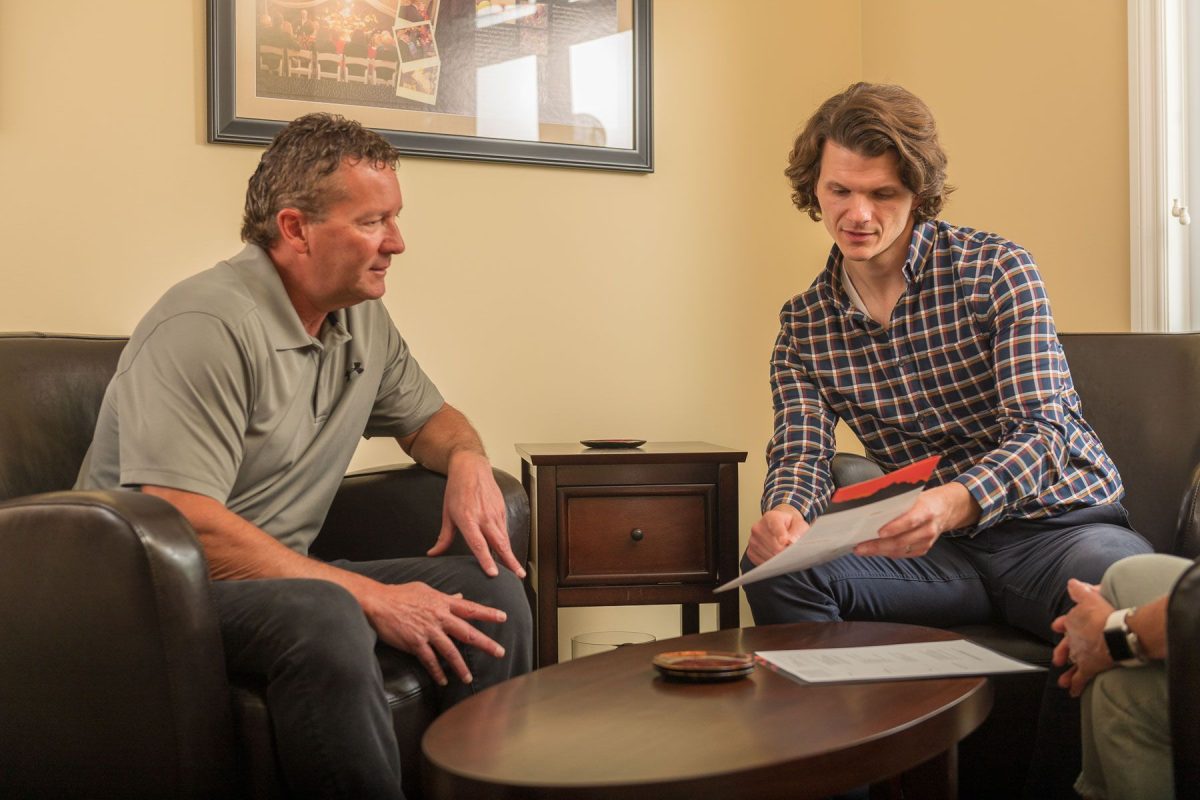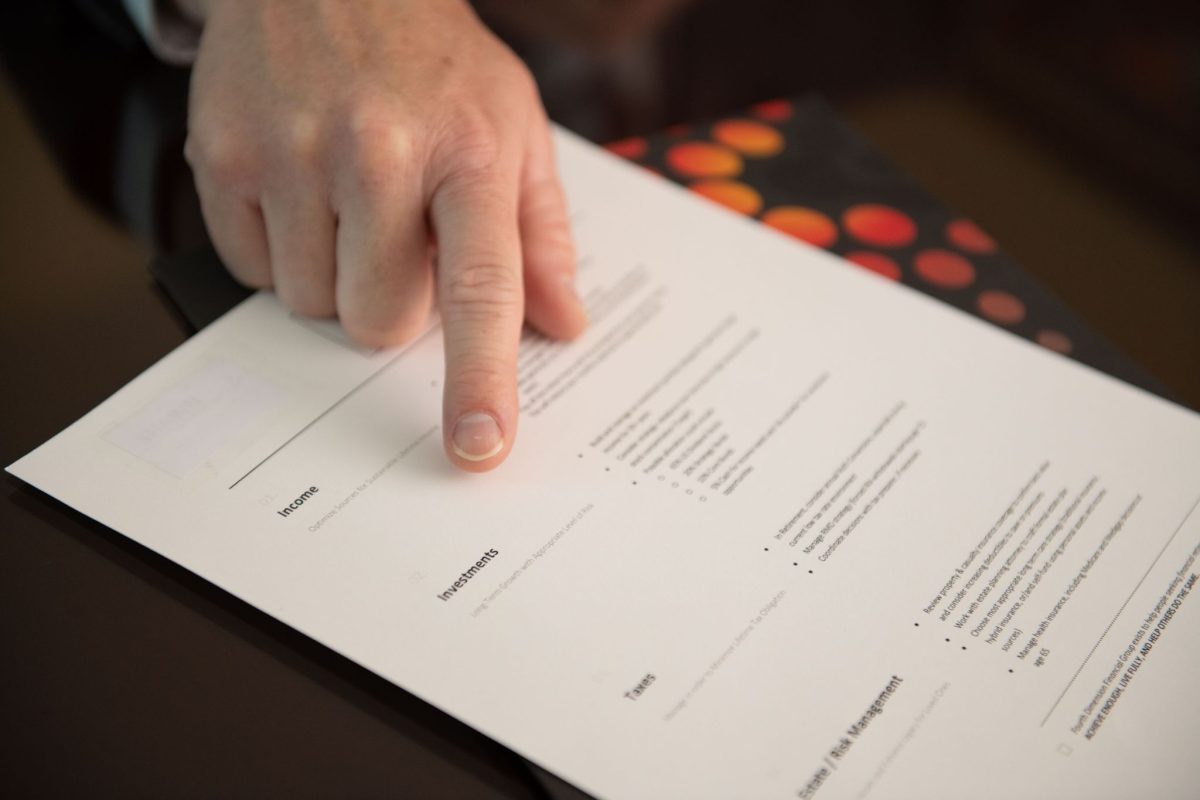
One of our cats once brought a live chipmunk into our house and just dropped it. (Well, they’ve also brought in live rabbits, mice, voles, birds, and more, but let’s focus on the chipmunk for today.) When a live wild animal is dropped into your home, you have some decisions to make. You can decide to catch and release it, try to kill it, or simply ignore it and hope it helps itself out.
On the chipmunk occasion (which you can read about here), we opted for the catch-and-release method. In doing so we learned a memorable lesson: it’s very difficult to catch a live chipmunk. They’re small, fast, and very uninterested in being caught. And if you’ve ever tried to sit down and finally get organized with your finances, it can feel a lot like catching a chipmunk. And soon as you think you’ve got it, you quickly find out that you…don’t got it. And why are both of these tasks so hard to accomplish? I think it’s because you’re working with a moving target.
Finances are summarized in documents with names like cash flow statements and balance sheets. One depicts the flow of money through your life and the other implies that you’re trying to balance something; in this case, it’s assets and liabilities. These are ‘motion’ words. They represent our best attempt to freeze the flow of money and to freeze time in such a way to assess our financial health. And while these are very valuable measures to take to discern financial health, as soon as the numbers are committed to paper, they’re wrong. The market has gone down or up, the gas meter has advanced due to your house being heated, or food has been consumed requiring yet another trip to the grocery store. Money simply flows and it never stops flowing. So like a lightning-quick chipmunk, money doesn’t lend itself to accurate snapshots in time.
So what do we do if we want to get better setup financially? Here are some tasks for the aspiring organizer of finances:
- Gather a list of – and as-current-as-possible balance of – all your financial accounts. This should include credits cards, bank account statements, loans, investment statements, pension summaries, Social Security benefits estimates, Kelly Blue Book value estimates of cars you own, cash balances on-hand, Zillow.com estimate for the value of your home, life insurance statements, and anything else you can think of that would help measure what you own or owe.
- Summarize a month or two of spending. By looking at credit card and bank statements, you can see most of the spending that you do. If you use cash regularly, do your best to recall how much you’ve spent and where you’ve spent it.
- Brainstorm a list of all purchases you plan to make in the next month or two.
- Looking at each statement you’ve gathered, ask yourself, “How do we intend to use this money, and when do we intend to use it?”
- If you have consumer debts like credit cards and car loans, write them on a single piece of paper from smallest balance at the bottom and largest balance at the top. This is the beginning of your ‘debt snowball’ if your plan is to pay off debt as quickly as possible
With all of this information gathered, make a decision to either 1. Decide what next steps you should take to turn all of this information into meaningful action, or 2. come see us to do the same. For it’s one thing to have gathered all of this information in one place (congratulations!) but it’s a completely different action to turn that information into forwardprogress.
The key to dealing with a moving target is to know where you are first relative to the target, then determine directionally where you’d like to go in the end. From there, you can better see the next step and the next after that, leading to the desired end point. As hockey great Wayne Gretzky said, “I skate to where the puck is going to be, not where it’s been.” I suppose someone has a great chipmunk-catching quote as well but I won’t bore you with it.
Knowing where you stand and where you’re headed financially is a wonderful feeling. It really isn’t easy to get organized but the process alone reveals a lot about your standing and likelihood of meeting your longer-term goals. That chipmunk isn’t going to sit still very long nor is your money, so let’s do our best to restore some order and find some peace again. Please let us know if we can help.
All the best,

Adam Cufr, RICP®
Recent Articles

Show Your Work: Why Transparency Matters in Retirement Planning

Unlocking the Mystery of Income Taxes

Social Security Strategy: Do You Have One?

Pension Decision: Just One Critical Piece of Information Is Needed to Decide


